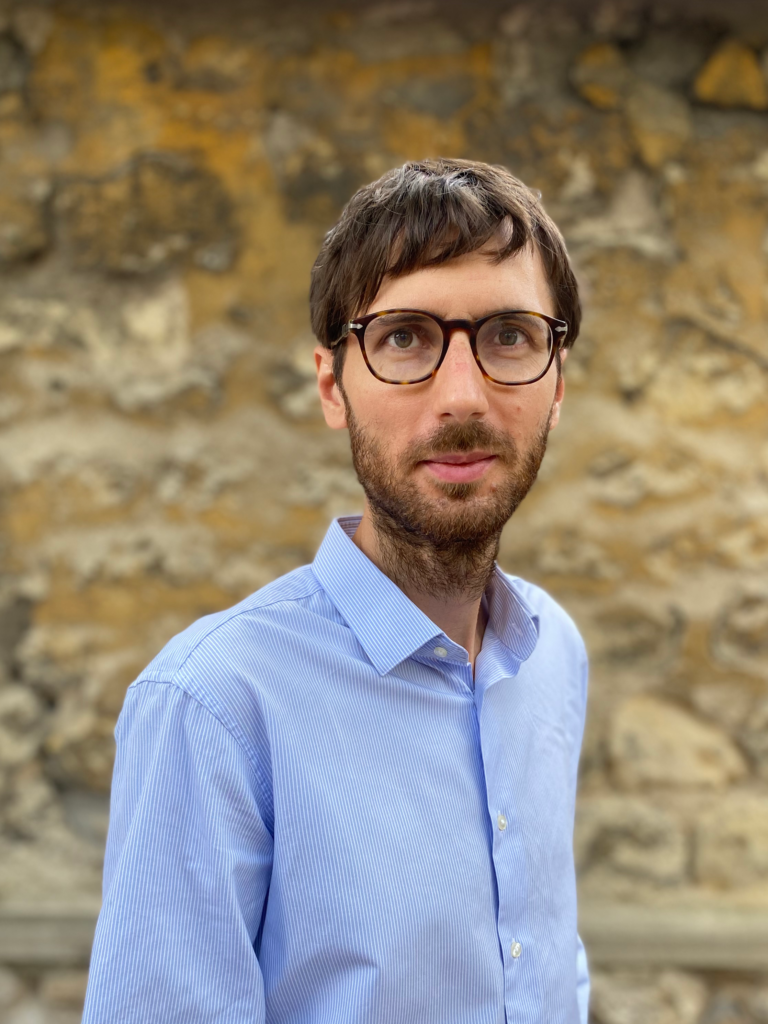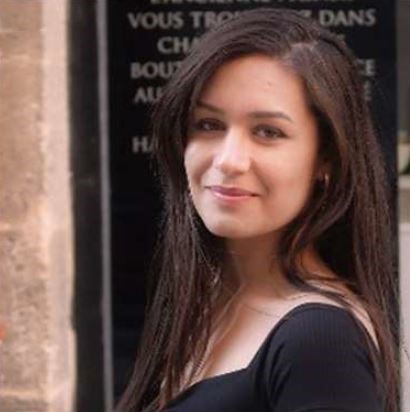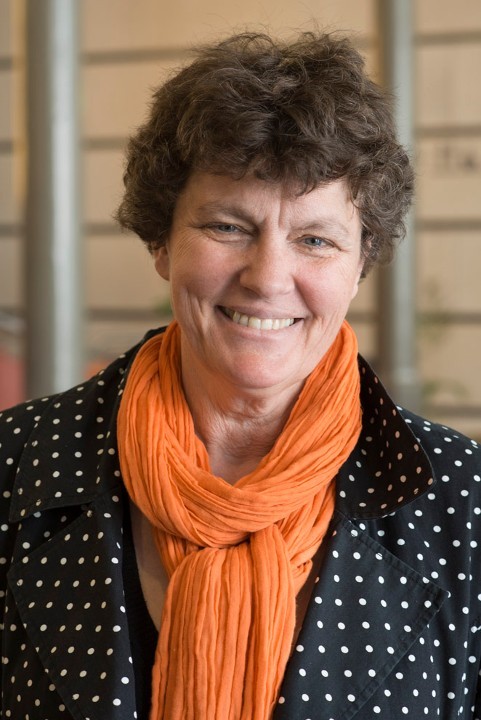The twelfth edition of the Red Cross Foundation’s “L’Instant Recherche” webinar brought together two researchers and an association manager to discuss current issues relating to the loss of autonomy among the elderly.
The context :
Dependency, which translates into partial or total inability to perform everyday tasks, now affects over 1.5 million people in France, a figure that is constantly rising as the population ages. This situation has led to a growing need for support, exerting heavy pressure on families, carers and care facilities. In the face of these challenges, public authorities and the voluntary sector play an essential role. Initiatives such as Monalisa and the French Red Cross promote intergenerational solidarity and combat social isolation. Complementing public schemes, these community-based initiatives aim to provide more appropriate support for dependent people, and essential support for their caregivers, at a time when dealing with dependency is a major challenge for our society.
Speakers :

Louis Braverman – sociologist, lecturer at the Faculty of Medicine and Health Sciences in Brest. In 2021, with the support of the French Red Cross Foundation, AGIRC-ARRCO and the VYV Group, he is studying the Vivre@lamaison scheme run by the French Red Cross. His research, entitled “EHPAD ”beyond the walls”: an innovative model of home support to meet the challenges of combating isolation”, aims to examine how EHPAD-type schemes “hors les murs” meet the challenges of combating the social isolation of seniors.

Laurianne Dos Santos – sociologist, post-doctoral researcher at the Maison des Sciences de l’Homme du Pacifique (CNRS, University of French Polynesia). In 2022, with support from the French Red Cross Foundation and AGIRC-ARRCO, she is studying the social experience of isolation among the elderly in French Polynesia and its determinants. Her research, entitled “Social isolation and precariousness of the elderly: an ethnography of old age in French Polynesia”, aims to fill a data gap on living conditions in old age in the Polynesian familialist context.

Françoise Fromageau – a geriatric physician and Vice-President of the French Red Cross Foundation – has a long-standing commitment to combating the isolation of the elderly. She has held a number of positions of responsibility within the French Red Cross, from the local level to the presidency of the Brittany region, and has been a national director since 2004. A member of the Haut conseil de la vie associative, she is also president of MONALISA and involved in various bodies dedicated to solidarity and social inclusion. She actively contributes to discussions on policies for the elderly and the role of associations in meeting the challenges of dependency and social isolation of senior citizens.
During the discussion, we began by looking at the so-called “Ehpad hors les murs” or “Ehpad à domicile” schemes, with Louis Braverman explaining how they work. Faced with the crisis in Ehpads and the well-known limitations of these establishments, it has become essential to rethink existing models and give priority to maintaining people at home in good conditions. These schemes offer enhanced support, including home help, on-call night nursing, transport and care coordination. They also establish a link with Ehpad, enabling beneficiaries to access certain services such as catering or activities. The aim is not only to ensure appropriate care, but also to strengthen the inclusion of the elderly by opening up Ehpads to the outside world and promoting an intergenerational approach. However, these schemes have certain limitations, such as the need to involve carers and their relatives, who are responsible for coordinating care, travel and so on.
Lauriane Dos Santos has explored the question of the continuity of the link between dependent elderly people and their families, and the issue of old age at home in French Polynesia, where the care of the elderly is largely based on family solidarity, in the absence of suitable structures and sufficient professional support. Since the 1980s, French Polynesia has been faced with a steadily ageing population, and its policies have focused on home care and “family care” as the preferred model of support. In French Polynesia, growing old is a collective experience, and the figures of old age are multiple: the elderly have a strong symbolic and political place, yet this clashes with the vision of the elderly person in loss of autonomy, requiring more sustained care. The family unit, which has traditionally expanded, is tending to evolve towards a nuclear model, impacting on the dynamics of support. While some families assume this burden collectively, others see a single caregiver shouldering the burden of Care alone, sometimes to the detriment of his or her job.
Finally, Françoise Fromageau illustrated the subject with a presentation of MONALISA, an association that since 2014 has been mobilizing citizens, associations and institutions to combat the isolation of the elderly. Thanks to an unprecedented partnership between civil society and public authorities (local authorities, pension funds, solidarity companies, etc.), it promotes citizen involvement in local teams and cooperation between local players. Created following a reflection initiated in 2012 by Michèle Delaunay, then Minister Delegate for the Elderly, MONALISA formalized its mobilization in 2014, backed by 40 organizations. Its action is enshrined in the French law on adapting society to ageing (2015), highlighting the importance of preventing social isolation.
Watch the replay
Photo credit : Christophe Hargoues





